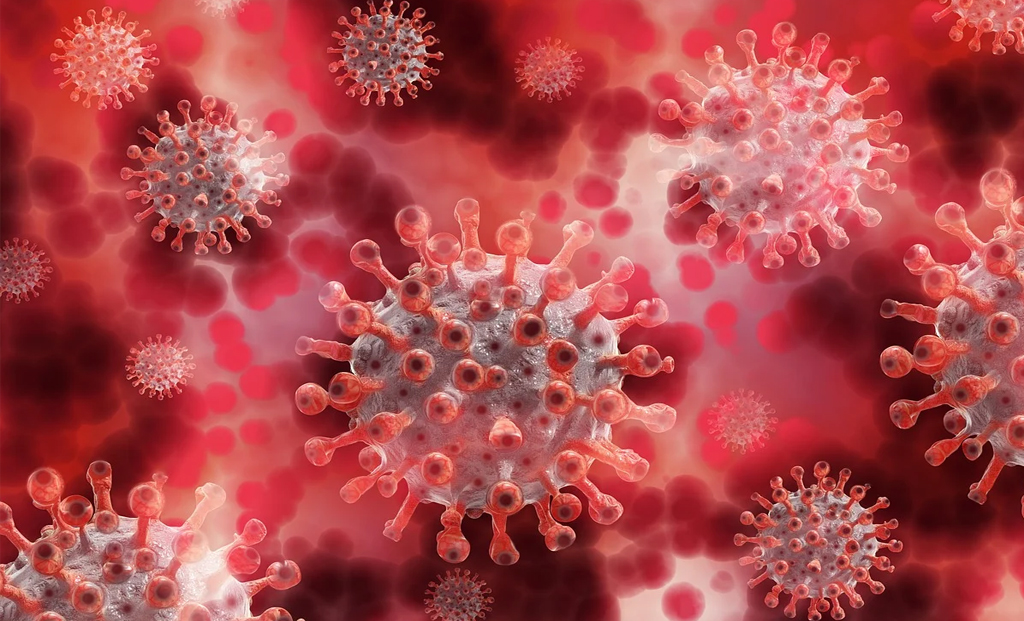Recent research suggests that scent dogs may offer a cheaper, faster, and more effective method for detecting Covid-19 compared to conventional tests like RT-PCR. A review published in the Journal of Osteopathic Medicine highlights that scent dogs are as effective, if not more effective, and could be a valuable tool in future pandemics.
“While many people are aware of dogs’ exceptional abilities to assist humans, their potential in the medical field has been considered fascinating but not yet ready for real-world medical use,” explained Prof. Tommy Dickey from the University of California, Santa Barbara. “Based on our review, we believe that scent dogs deserve serious consideration as a diagnostic methodology, particularly during pandemics, potentially contributing to rapid health screenings in public spaces. We are confident that scent dogs will prove useful in detecting a wide range of diseases in the future,” he added.
Study involved the review of 29 studies where dogs were utilized to detect Covid-19
The study involved the review of 29 studies where dogs were utilized to detect Covid-19. These studies, conducted by over 400 scientists from more than 30 countries, involved the use of 19 different dog breeds and examined over 31,000 samples. In some cases, the scent dogs directly sniffed individuals, including in public spaces for health screenings. In other instances, the dogs sniffed patient samples such as sweat, saliva, or urine.
In the majority of the reviewed studies, scent dogs demonstrated comparable or superior sensitivity and specificity to the current gold-standard RT-PCR or antigen tests. In one study, four dogs were able to detect viral RNA at levels equivalent to less than 2.6 x 10-12 copies per millilitre. To put this into perspective, it is akin to detecting a single drop of an odorous substance dissolved in ten-and-a-half Olympic-sized swimming pools. This level of sensitivity surpasses modern scientific instruments by three orders of magnitude.
The dogs exhibited the ability to detect Covid-19 in symptomatic, pre-symptomatic, and asymptomatic patients, including new variants and cases of long Covid. One major advantage of using scent dogs is their speed; they can provide results within seconds to minutes and do not require expensive laboratory equipment or generate significant amounts of plastic waste, unlike traditional diagnostic approaches.
Monsoon Diet Tips: How To Stay Healthy And Avoid Stomach Infections During Rainy Season | ALSO READ
Dogs possess up to 300 million olfactory cells, compared to the mere 5 or 6 million in humans, and utilize one-third of their brain for processing scent information, compared to only 5 per cent in humans. Dogs trained to recognize specific volatile organic compounds produced in the body during diseases have successfully identified patients with certain cancers, Parkinson’s disease, and diabetes.










